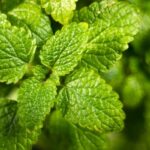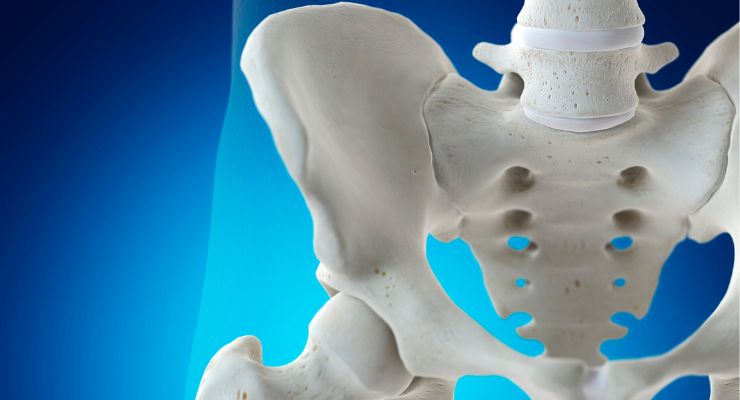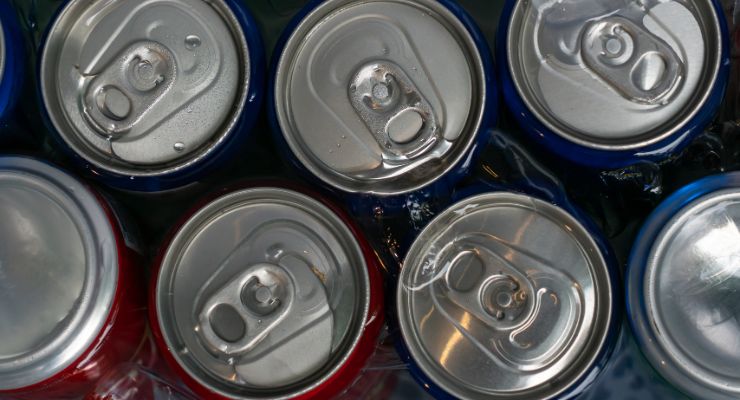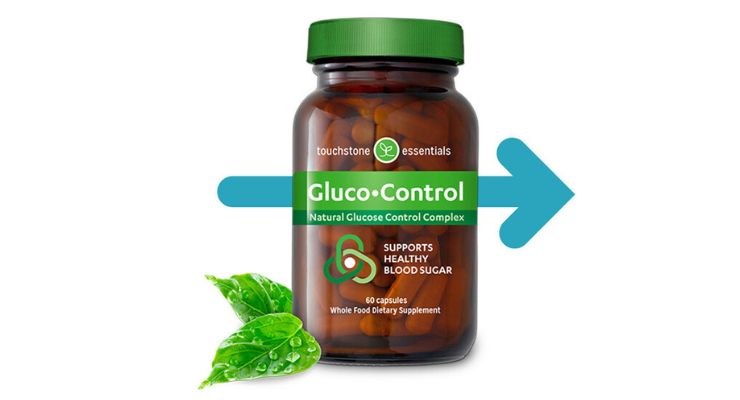Proactive strategies to improve bone density should be an important concept in healthy aging product development, notes vitamin K2 supplier Gnosis by Lesaffre.
Improving bone mineral density by three percent translates to a 45% reduced risk in hip fractures, according to a recent review of data from the Dubbo Osteoperosis Epidemiology Study which was published in the Journal of Bone and Mineral Research.
In the study, over 3,000 individuals over the age of 60 were tracked over time for fracture incidence, with outcomes measured against a number of risk factors. Between the first cohort (1988-1992) and the second cohort (1999-2001), there was an increase in bone mineral density by 3%.
During this time period, there was a 45% decrease in hip fractures, a decline which was much higher than previous estimates.
The authors concluded that their findings “suggest[ed] that a population-wide strategy aiming at enhancing BMD across the entire population could lead to a substantial decrease in the incidence of hip fractures.”
Gnosis by Lesaffre, suppliers of MenaQ7 vitamin K2 as MK-7, reported that these findings emphasize the importance of the general population paying closer attention to bone health as an important factor in healthy aging, and engaging in proactive rather than just reactive strategies.
“At Gnosis, we offer clinically validated ingredients that support health and well-being on numerous fronts,” said Xavier Berger, global market manager with Gnosis by Lesaffre. “From a bone-health perspective, our MenaQ7 Vitamin K2 as MK-7 is leading the charge.”
A three-year study published in 2013 evaluated outcomes in postmenopausal women who were either given a placebo or 180 mcg of MenaQ7. It was found that in addition to significant improvements of extrahepatic vitamin K status, supplementation slowed down the age-related decline in bone mineral content and bone mineral density in the lumbar spine and femoral neck, as well as a positive impact on bone strength.
“These findings strongly suggest that taking vitamin K2 in the form of MK-7 supplements can help inhibit bone loss and enhance bone strength,” Berger said.
He noted that these results helped lead to the endorsement of a health claim by the European Food Safety Authority (EFSA) affirming the connection between vitamin K and the maintenance of bone health.
“MenaQ7 is the best-researched K2 as MK-7 for preserving bone health, not only in adults but children, too. This new study underscores the opportunity for the population to consume Vitamin K2 as menaquinone-7 to protect their BMC and BMD as they age to remain active and vibrant in their later years.”











